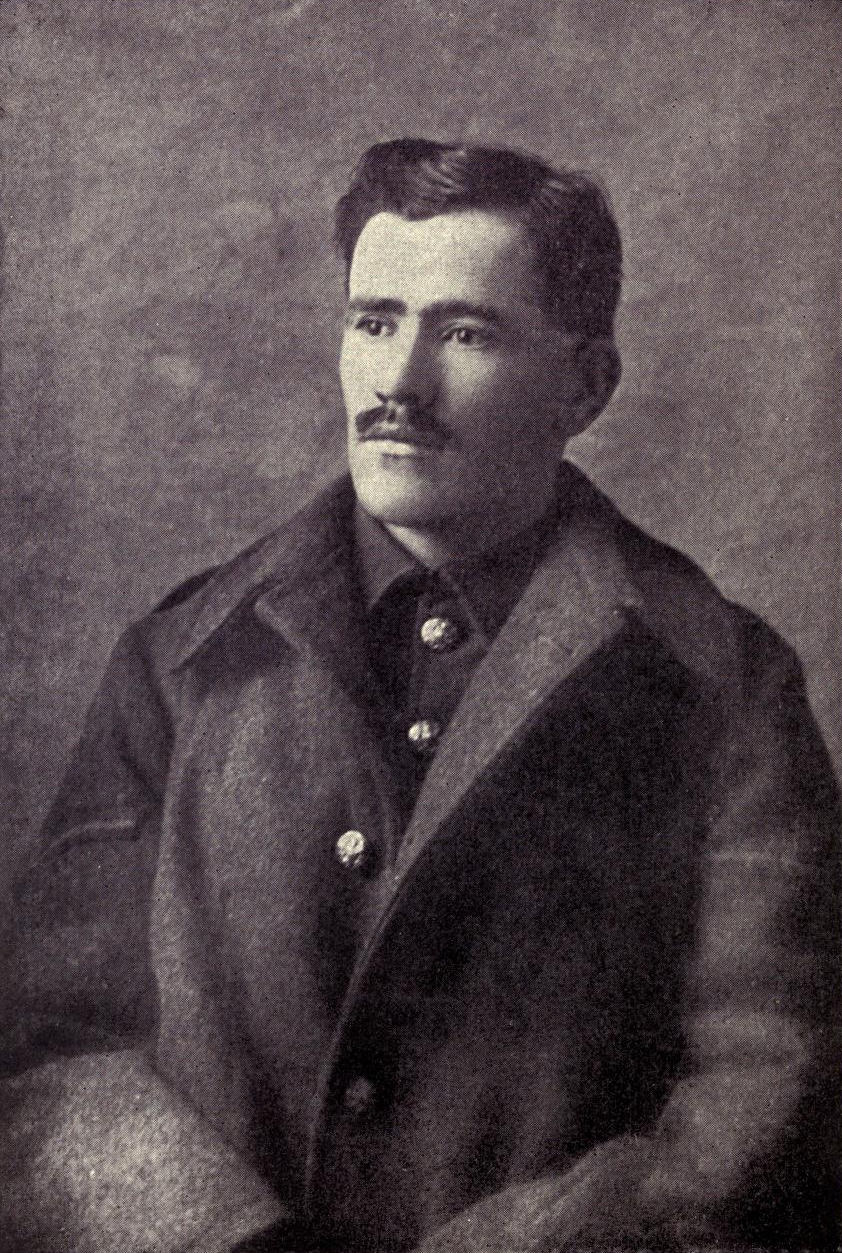L/Cpl
Francis Edward Ledwidge
Informationen zu Geburt
|
Geburtsdatum: 19/08/1887 |
|
Geburtsort: Slane, County Meath, Irland, Vereinigtes Königreich |
Allgemeine Informationen
|
Beruf: Poet |
|
Religion: römisch-katholisch |
Informationen zum Armeedienst
|
Land: England, Vereinigtes Königreich |
|
Truppe: British Expeditionary Force |
|
Rang: Lance Corporal |
|
Dienstnummer: 16138 |
|
Einheiten: — Royal Inniskilling Fusiliers, 1st Bn. (Letzte bekannte Einheit) |
Informationen zu Tod
|
Sterbedatum: 31/07/1917 |
|
Sterbeort: Carrefour des Roses, Belgien |
|
Todesursache: Im Kampf gefallen |
|
Alter: 29 |
Begräbnisplatz
|
Artillery Wood Cemetery Grabstelle: II Reihe: B Grab: 5 |
Auszeichnungen und Orden 3
|
1914-15 Star Medaille |
|
British War Medal Medaille |
|
Victory Medal Medaille |
Punkte von Interesse 2
| #1 | Geburtsort | ||
| #2 | Ort des Todes (ungefähr) |
Meine Geschichte
Lance Corporal Francis Edward Ledwidge was born on the 19th of August 1887 in Slane, Meath, Ireland to the household of Mr. Patrick Ledwidge and Mrs. Anne Ledwidge (nee Lynch). He attended school until he was 13 years old and it was there that he discovered his passion for poetry. Though working some odd jobs here and there, he is best known – and rightfully so – for his poetry.
Though he was no stranger to the Irish cause he eventually enlisted in the British Army in Navan, Meath, Ireland. He would serve with the 1st Battalion Royal Inniskilling Fusiliers (29th Division, 87th Brigade) until the day of his death.
The day of his death was the opening battle of the Battle of Passchendaele 1917. The 87th Brigade would march towards the Forest Camp Area on the 30th of July and on the 31st they would be put in support of the Guards Division. However, Ledwidge was killed by an exploding shell while tasked with repairing the road to Pilkem near the village of Boezinge, northwest of Ypres. The shell killed one officer and five men, Francis being one of them. The men were buried on the spot, being Rose Crossroads (Carrefour des Roses), but were later reburied at Artillery Wood Cemetery where Ledwidge rests at plot II. row B. grave 5.
Though he was no stranger to the Irish cause he eventually enlisted in the British Army in Navan, Meath, Ireland. He would serve with the 1st Battalion Royal Inniskilling Fusiliers (29th Division, 87th Brigade) until the day of his death.
The day of his death was the opening battle of the Battle of Passchendaele 1917. The 87th Brigade would march towards the Forest Camp Area on the 30th of July and on the 31st they would be put in support of the Guards Division. However, Ledwidge was killed by an exploding shell while tasked with repairing the road to Pilkem near the village of Boezinge, northwest of Ypres. The shell killed one officer and five men, Francis being one of them. The men were buried on the spot, being Rose Crossroads (Carrefour des Roses), but were later reburied at Artillery Wood Cemetery where Ledwidge rests at plot II. row B. grave 5.
Quellen 8
|
Ancestry https://www.ancestry.co.uk/ Verwendete Quellen |
|
CWGC https://www.cwgc.org/find-records/find-war-dead/casualty-details/101111/francis-edward-ledwidge/ Verwendete Quellen |
|
Fox, Frank. The Royal Inniskilling Fusiliers in the World War: A record of the War as seen by the Royal Inniskilling Regiment of Fusiliers, thirteen battalions of which served. London: Constable & Company, 1928. Verwendete Quellen |
|
Francis Ledwidge Museum http://www.francisledwidge.com/ Verwendete Quellen |
|
Poetry Foundation https://www.poetryfoundation.org/poets/francis-ledwidge Verwendete Quellen |
|
The Long, Long Trail https://www.longlongtrail.co.uk/ Verwendete Quellen |
|
The National Archives of Ireland https://www.nationalarchives.ie/ Verwendete Quellen |
|
War Diary, 1st Bn. Royal Inniskilling Fusiliers, July 1917 http://www.nmarchive.com/war-diary-result/2305-2575/page/0 Verwendete Quellen |
